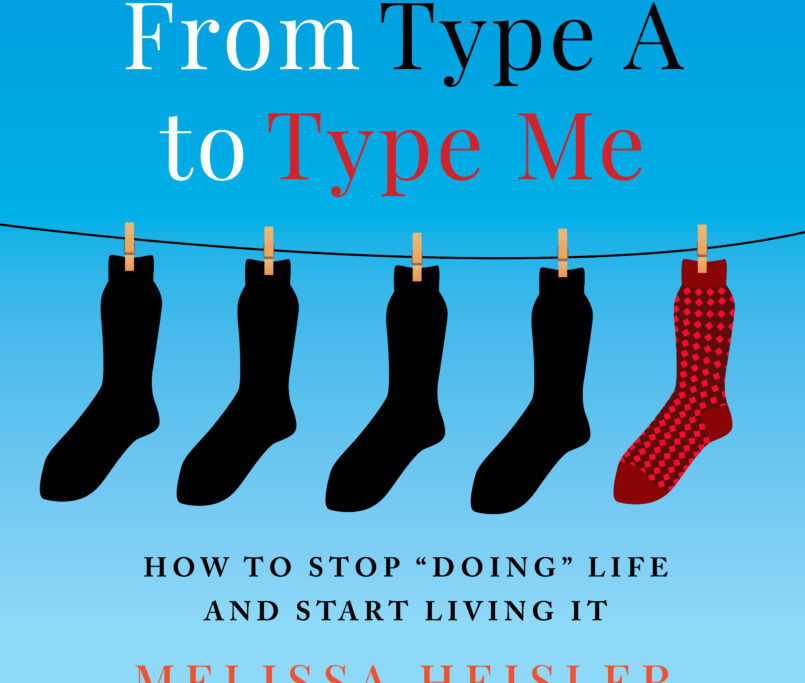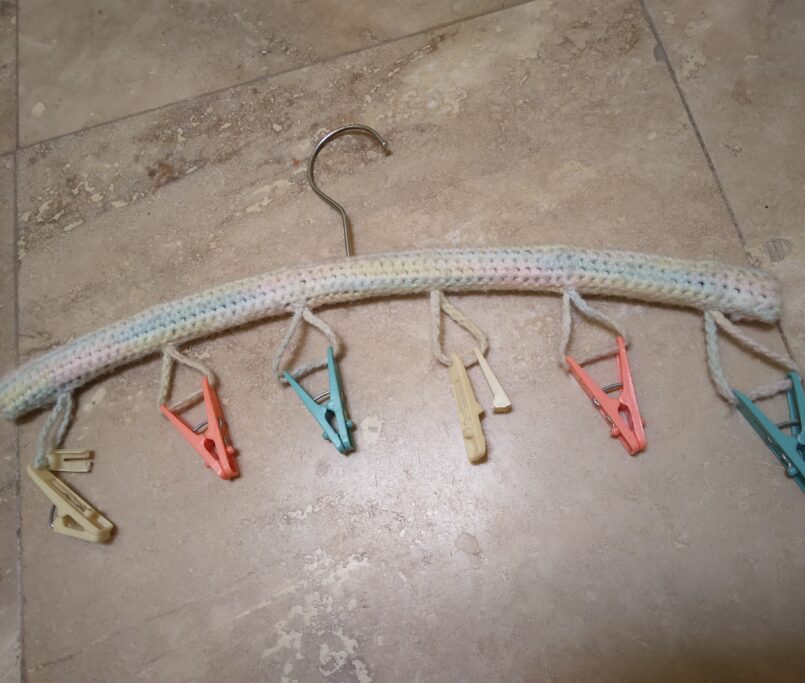Experiencing Life through Language
A friend brought me a blown-glass fish dish from Nova Scotia, Canada. The very next day, I was working downstairs while Mary was cleaning the house. I heard a crash. I knew instinctively it was the dish. Between clients I went upstairs. Mary asked if it was expensive; I said it was a gift. Mary moved on with her day. At the time I was amazed that she had no guilt, no remorse over her actions. Then I re-watched this TED Talk on how language shapes the way we think.
In English, I was fuming. “Mary broke the dish.” The rest of my English moved into Mary is to blame and Mary needs to right her actions. I was focused on the subject, Mary, breaking the object, the dish. In Mary’s Spanish-language mind the conversation was different. The subject in her sentence was the dish. “The dish broke.” She was not involved. It was a fact of life. Looking through my eyes, my perception of always apologizing for my actions – even when it was a no-fault mistake – I was in awe of her ability to remain strong and confident. I was astounded by her cool demeanor. Not one part of her showed shame or guilt over what happened. This wasn’t because she has stronger self-confidence than I do. It is because her language shapes the way she thinks differently than my language shapes me.

I recommend that you listen to the TED Talk and hear first-hand just how our 7,000 different languages shape 7,000 cognitive universes. No wonder we have a hard time understanding each other sometimes. We are not only speaking different languages, we are also seeing the world differently because of those languages. Our language tells us what is important. It helps us learn and become more perceptive of the things we deem important. The language shapes how we see and describe things. How we speak reflects how we see ourselves in the world. Over the last few years I have been exploring this concept through how we express ourselves, how time is perceived, and how new concepts are born in how we speak.
What does your language say about you?
One of my friends is constantly apologizing. She apologizes for mistakes and is also frequently apologizing for things beyond her control; sometimes she apologizes for just being herself.
Another friend speaks of everyone and everything in how it relates to him. People or things do not exist to him if he does not connect them to himself or his actions.
When I worked for a Taiwanese company, I learned quickly that their language stayed away from confrontation. Many times, we would miss deadlines because my Taiwanese counterparts could not honestly tell me they were behind. It was easier for things to not happen than to be shamed for admitting they were behind schedule.
Living in a different culture has taught me that sarcasm does not translate. I grew up where a sharp tongue was expected and revered. It was the way we bonded and communicated. I now live among individuals who take every word as fact. My sarcasm is not only not-funny, but it is not comprehended. My quick wit causes a lot more confusion than joy.
How do you use language? What assumptions do you make about yourself and the world by the words that you choose and the way you format the sentence? Are you being believed and accepted through your words, or is the way you are expressing yourself turning others away? Take time this week to watch your words. What do they say about you and how you view the world?




